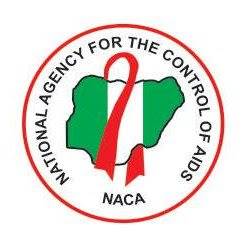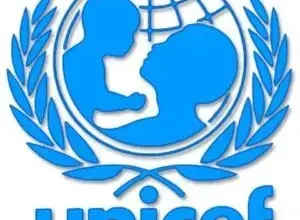NACA seeks increased demand for HIV services

The Director General of the National Agency for the Control of AIDS, Gambo Aliyu, on Wednesday, urged Nigerians to demand HIV testing, prevention, treatment and care services for adequate coverage and to meet the United Nations target of ending AIDS by 2030.
Aliyu said this at a two-day workshop training for social media influencers, bloggers, and journalists in Abuja.
He also said though HIV does not have a cure, it no longer kills and it can be managed successfully.
He said, People have been living with this virus; some for the last 30 years and some more than 30 years. However, we want people to understand that fighting HIV begins with them. We have had the opportunity to engage different population groups.
One population group that has been hard to find and very difficult are the adolescent and young persons.
People should understand that if you have HIV today, you can walk into our facility and demand HIV service; you’re not only doing good to yourself but you’re doing good to all of us because you’re helping us to control HIV.
We want people to begin to demand for HIV services instead of us going after people and looking for them to get tested and treated.
The NACA DG noted that the agency has succeeded in reducing HIV from the disease that kills to the disease that no longer kills.
As we approach 2030, and we identify close to 100 percent of those that have the virus among us, we may not be able to get the few three or four percent among using our conventional way, we can only get that three to four percent of people develop the culture of demanding for the service. We want people to demand HIV services to know about their status and if they are HIV positive, we want to see people demanding treatment services and that is why our fliers carry our centre numbers.
He added that people live with the virus for a long, if you look at our data, you will find out that the vast population of people living with the virus are those around the age of 34 to 49 years and this is easy to explain. In the last 20 years, we have succeeded in reducing HIV from a disease that kills to a disease that no longer kills.
On her part, the Deputy Director of, the Public Relations and Protocol Division of the agency, Toyin Aderibigbe said social media plays a crucial role in reducing the spread of HIV/AIDS and combating stigma and discrimination by being equipped with adequate knowledge to help reduce the spread of fake news, misinformation and misconception about HIV/AIDS and other related diseases.






